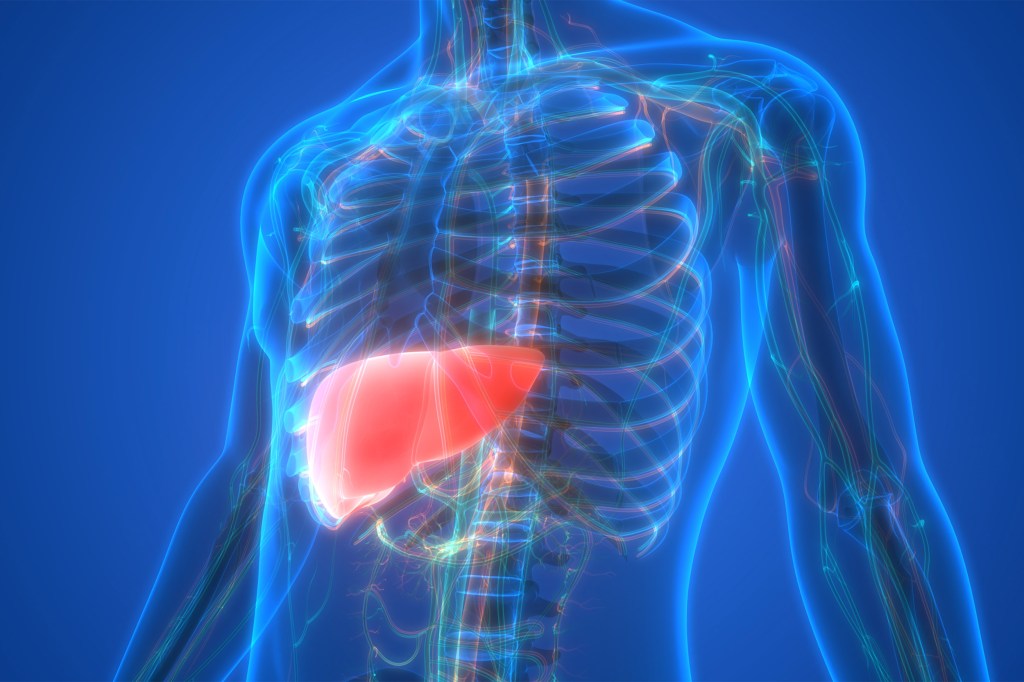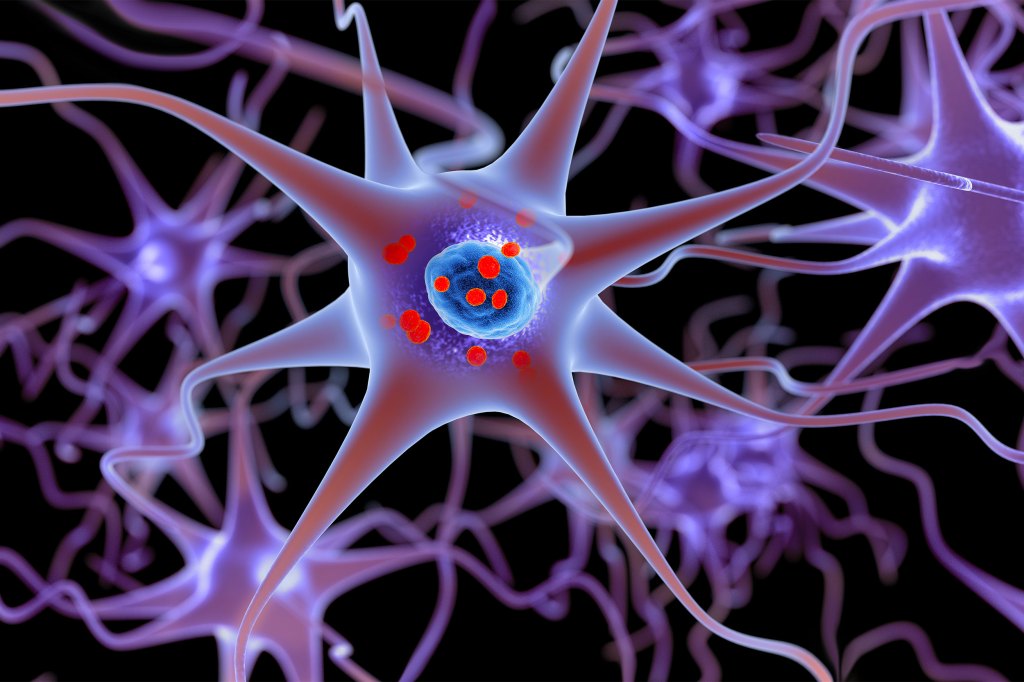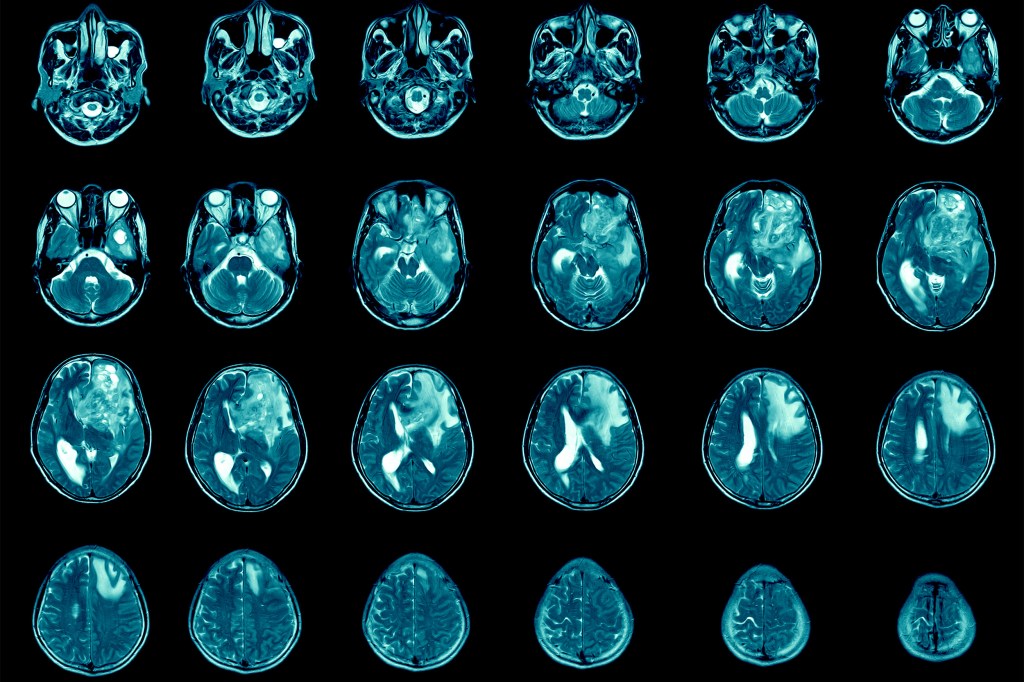Health
-

Social media detox boosts mental health, but nuances stand out
‘Wildly different reactions’ among participants, says researcher
-

New research finds 5 genetic signatures shared by 14 psychiatric disorders
Could advance treatment of mental illness with greater precision, less medication

-

Break in the case for long COVID investigators
Research highlighting chronic inflammation opens path to treating illness that affects millions of Americans

-

The problem with the school smartphone debate
Study finds most districts already regulate devices. Is the real issue enforcement?

-

Just who gets a say at FDA public drug-approval hearings?
New research shows negative voices are relatively rare in drug approval hearings.
-

Your digital twin might save your life
AI, statistics offer new possibilities for personalized medicine
-
How do you read organization’s silence over rise of Nazism?
Medical historians look to cultural context, work of peer publications in wrestling with case of New England Journal of Medicine

-
Got milk? Does it give you problems?
Biomolecular archaeologist looks at why most of world’s population has trouble digesting beverage that helped shape civilization

-
Cancer risk, wine preference, and your genes
Biologist separates reality of science from the claims of profiling firms

-
Excited about new diet drug? This procedure seems better choice.
Study finds minimally invasive treatment more cost-effective over time, brings greater weight loss

-
How friends helped fuel the rise of a relentless enemy
Economists imagine an alternate universe where the opioid crisis peaked in ’06, and then explain why it didn’t

-
Getting ahead of liver cancer
Researchers hope identifying blood proteins may lead to earlier prediction of risk, increase treatment options

-
Alcohol is dangerous. So is ‘alcoholic.’
Researcher explains the human toll of language that makes addiction feel worse

-
How old is too old to run?
No such thing, specialist says — but when your body is trying to tell you something, listen

-
America’s graying. We need to change the way we think about age.
Experts say instead of disability, focus needs to shift to ability, health, with greater participation, economically and socially

-
Can we talk?
Study finds that conversation – even online – could be an effective strategy to help prevent cognitive decline and dementia

-
Forgiving what you can’t forget
Wronged and can’t move on? A theologian, a psychologist, and a public health expert discuss why and how to heal.

-
How to untangle ethics of psychedelics for therapeutic care
Experts from law, philosophy, spiritual care discuss issues surrounding research, safer use, kicking off University initiative

-
Exercise cuts heart disease risk in part by lowering stress, study finds
Benefits nearly double for people with depression

-
How to realize immense promise of gene editing
Nobel-winning CRISPR pioneer says approval of revolutionary sickle-cell therapy shows need for more efficient, less expensive process

-
Women rarely die from heart problems, right? Ask Paula.
New book traces how medical establishment’s sexism, focus on men over centuries continues to endanger women’s health, lives

-
When will patients see personalized cancer vaccines?
Sooner than you may think, says researcher who recently won Sjöberg Prize for pioneering work in field

-
A molecular ‘warhead’ against disease
Approach attacks errant proteins at their roots

-
Asking the internet about birth control
Only a fraction of it will come from an expert, researchers say

-
Facing death with dignity
A chaplain, a bioethicist, and a doctor talk about end-of-life care

-
Novel teamwork, promising results for glioblastoma treatment
Researchers cite ‘academic medicine’ as key factor in success

-
Study of 4.3M pregnant women clarifies safety of antiseizure meds
Using 20 years of data, prenatal exposure to topiramate may not increase children’s risk of autism spectrum disorder

-
Aspirin cuts liver fat in trial
10 percent reduction seen in small study of disease that affects up to a third of U.S. adults

-
Treat addiction with psychedelics?
Despite promise of success stories from patients in recovery, Law School panel cautions that research is lacking on benefits vs. risks

-
First-ever transplant of pig kidney to patient a success
Genetic editing improves compatibility, marks advance in organ shortage crisis

-
Parkinson’s warning in skin biopsy
Medical office procedure identifies key biomarker that may lead to more reliable diagnosis of neurodegenerative disorders

-
How the already anxious avoided global spike in COVID anxiety
Psychological tools learned by those in treatment proved protective in high-stress event, study finds

-
Losing fat is good, but losing muscle isn’t
Researchers call for makers of new anti-obesity drugs to study results of body composition in addition to weight loss.

-
The 20-minute workout
Pressed for time? You still have plenty of options.

-
‘Dramatic’ inroads against aggressive brain cancer
Cutting-edge therapy shrinks tumors in early glioblastoma trial

-
Menopause depression risk has been exaggerated
Some groups are more vulnerable but symptoms far from universal, review finds


